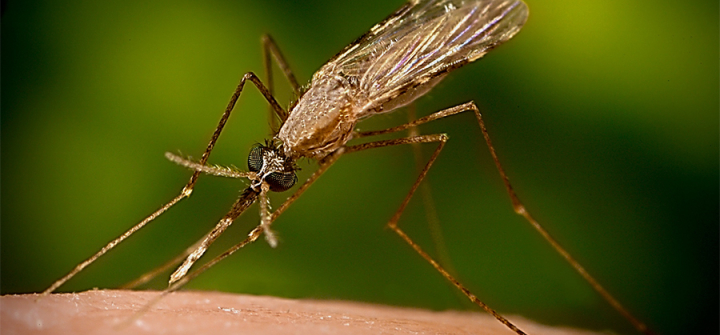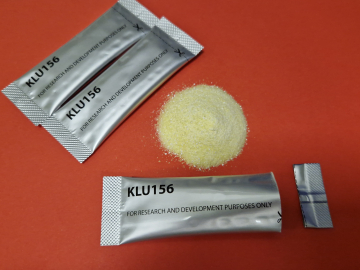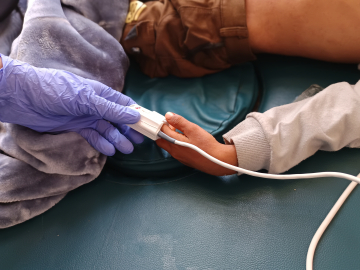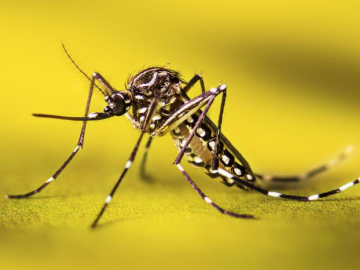Dappled Wings of Death
Yesterday, August 20, marked World Mosquito Day: the day in 1897 that Ronald Ross, a British medical officer in India, discovered the malaria parasite in the “dapple-winged” mosquito—changing the course of history. The following day he drafted a poem including the lines:
O million-murdering Death.
I know this little thing
A myriad men will save
This “little thing a myriad men will save” indeed. Our understanding of the mosquito vector and her role in transmitting malaria and yellow fever—and now, of growing global importance, dengue, Zika and chikungunya—has transformed our world.
We seem to be winning some battles but struggle with others. Malaria remains a crushing burden in many communities, with an estimated 212 million cases worldwide in 2015—but this represents a 21% decrease in incidence and 29% decrease in mortality since 2010. Our struggles with Aedes, vectors of yellow fever, dengue, chikungunya and Zika, present a more troubling picture. Through globalization, urbanization and climate change, Aedes aegypti and Aedes albopictus continue to proliferate almost unchecked. More than 2.5 billion people—40% of the world’s population across 100 countries—live in areas at risk of Aedes-borne viruses. As former WHO Director-General Margret Chan famously told the 2016 World Health Assembly, “Above all, the spread of Zika, the resurgence of dengue, and the emerging threat from chikungunya are the price being paid for a massive policy failure that dropped the ball on mosquito control in the 1970s.”
Clearly, 120 years since Sir Ronald incriminated the mosquito and penned these famous lines, we need to step up. WHO and partners are renewing efforts to build capacities and respond to these mosquito-borne threats through the broad multi-sectoral Global Vector Control Response launched in June this year. Complementing the work of WHO are growing networks of national programs, institutions and partners through the Roll Back Malaria Vector Control Working Group, the Asia Pacific Malaria Elimination Network and the Pan African Mosquito Control Association.
As we think of that warm and humid August afternoon in India, remember the mosquito and the “million murdering death.” We’ve learned a lot and have made progress against Anopheles, but Aedes continue to challenge. It will be through these partnerships and networks, through the growing cadre of a new generation of public health entomologists in the Americas, Africa and Asia, that we realize the full benefit of “this little thing” Sir Ronald discovered 120 years ago.
Michael B. Macdonald Sc.D. (JHU SPH ’88) is former co-chair of the RBM VCWG.
Join the thousands of subscribers who rely on Global Health NOW summaries and exclusive articles for the latest public health news. Sign up for our free weekday enewsletter, and please share the link with friends and colleagues: http://www.globalhealthnow.org/subscribe.html
Anopheles minimus mosquito. Image Courtesy of Jim Gathany




